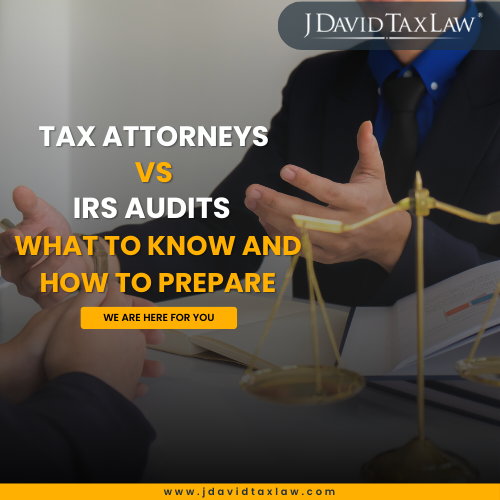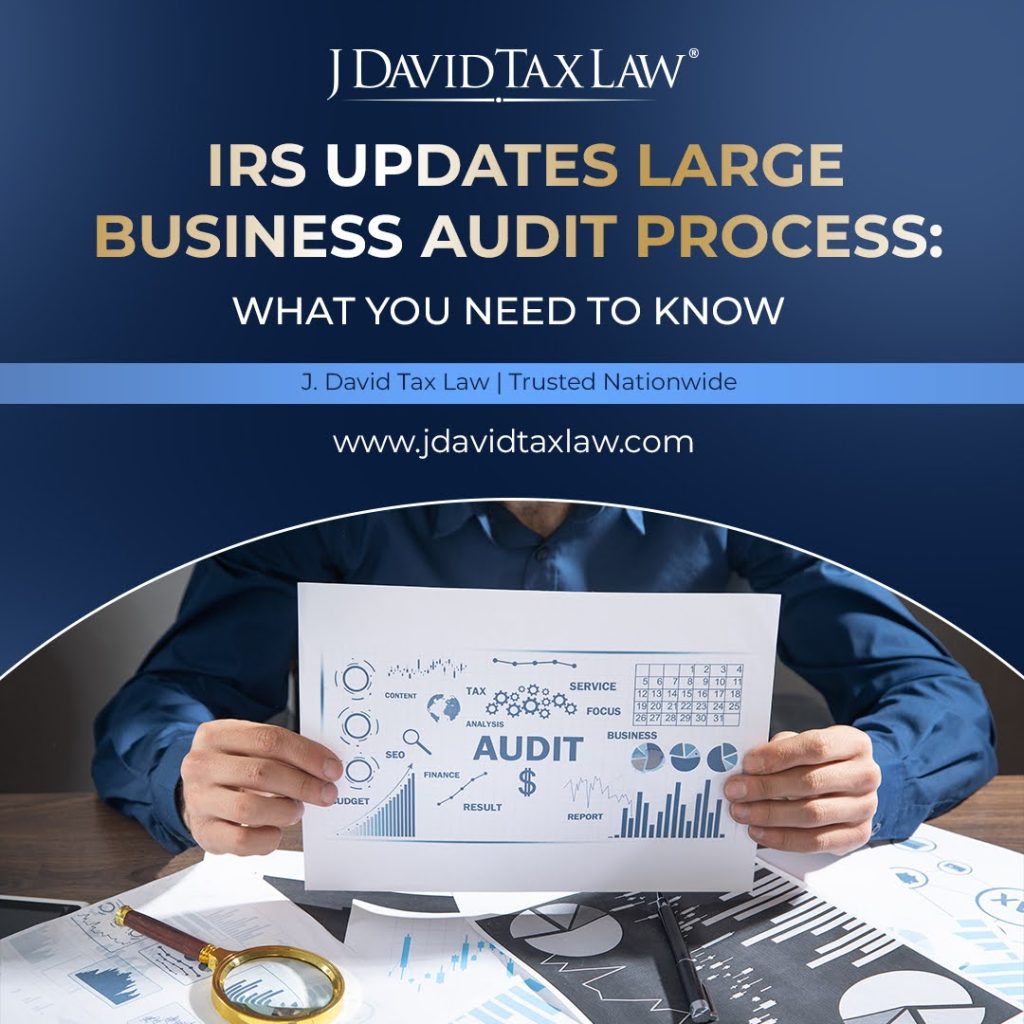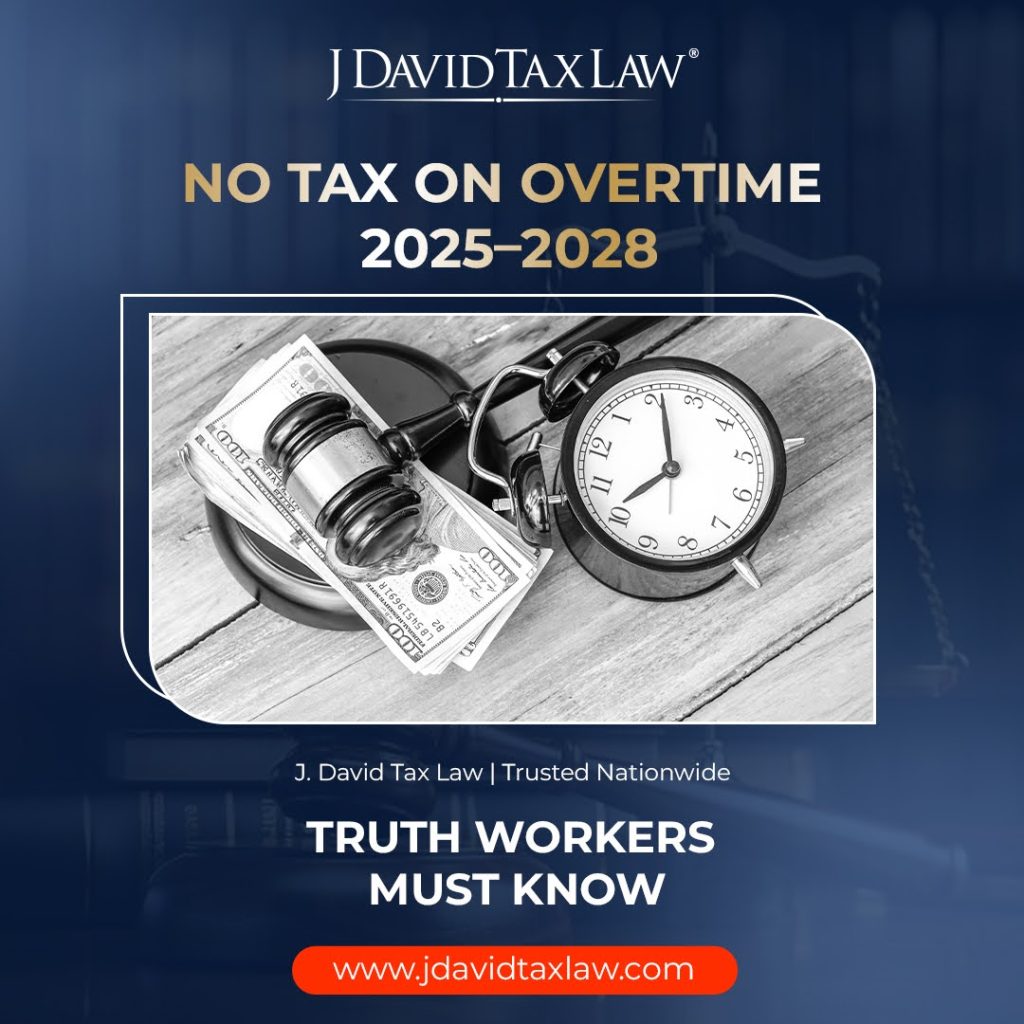Although approximately 25% of Americans express concern about undergoing an Internal Revenue Service (IRS) audit, the actual likelihood of this happening is relatively small. Based on recent statistics, the groups most at risk for audits include high-income taxpayers, specifically those making over $10 million. People who also belong to low- to middle-class taxpayers who claim the Earned Income Tax Credit are also at risk of being audited.
Although this indicates a historically low audit rate, the significance of each audit can be considerable, especially for high-stake clients represented by tax attorneys. They play a crucial role in these situations, providing necessary counsel and defense strategies for their clients. Tax professionals solve the complexities of audits, which can range from straightforward correspondence audits to more comprehensive field audits. Their expertise is essential in managing the process and minimizing liabilities.
This blog will discuss how tax lawyers can effectively guide their clients through the challenging process of IRS audits. They also ensure that the rights of the taxpayers are protected throughout the ordeal.
Understanding IRS Audits
An IRS audit is a review of an organization’s or individual’s accounts and financial information to ensure information is reported correctly according to the tax laws. It also verifies the reported amount of tax whether it is correct or not. Audits can be triggered by various factors:
Taxpayers may experience the three main types of IRS audits. These are the following:
Correspondence Audit: The most common and simplest form, this audit is conducted via mail. Taxpayers are asked to send documentation to support certain deductions or entries on their tax returns.
Office Audit: This requires the taxpayer to bring specific documents into an IRS office to be examined more thoroughly.
Field Audit: It is the most comprehensive process. A field audit involves IRS auditors visiting the taxpayer’s home, business, or accountant’s office to conduct a thorough review of financial records.
Legal Rights and Protections During Tax Audits
The IRS outlines specific rights for taxpayers through the Taxpayer Bill of Rights. Understanding these rights is crucial for anyone undergoing an audit. Here’s a detailed look at some of these key rights and how tax attorneys can leverage them to benefit their clients during the audit process.
Right to Privacy and Confidentiality
Taxpayers have the right to expect that any IRS inquiry, examination, or enforcement action will comply with the law and be no more intrusive than necessary. They also have the right to expect that any information provided to the IRS will not be disclosed unless authorized by the taxpayer or by law.
Tax attorneys can ensure that their client’s privacy is protected throughout the audit. They can challenge any requests for information that seem overly broad or unnecessary, ensuring that the IRS sticks to relevant inquiries.
Right to Be Informed
Taxpayers have the right to know what they need to do to comply with tax laws. They are entitled to clear explanations of the laws and IRS procedures which include the following:
tax forms,
Instructions,
publications,
notices, and
correspondence.
Having a tax lawyer ensures that all communication from the IRS is clear and that their clients fully understand the implications. If information or instructions are unclear or incomplete, attorneys have the grounds to request further clarification. This can potentially slow the process and give more time to prepare a stronger defense.
Right to Quality Service
This right pertains to receiving prompt, courteous, and professional assistance in dealings with the IRS. Taxpayers have the freedom to speak to a supervisor about inadequate service.
Tax Attorneys can demand high-quality service from the IRS on behalf of their clients. If the service is subpar or if the IRS representatives are uncooperative, attorneys can insist on better service. This can help elevate issues to higher authorities within the IRS, which can sometimes work in favor of the taxpayer.
Right to Challenge the IRS’s Position and Be Heard
Taxpayers have the right to object to formal IRS actions or proposed actions and provide additional documentation in their response. They also have the right to expect that the IRS will consider their timely objections and documentation promptly and fairly.
Tax professionals use this right to actively challenge IRS findings and assert the taxpayer’s position. By presenting comprehensive documentation and legal arguments, attorneys can advocate effectively for their clients. This can often lead to a more favorable outcome, such as reduced liabilities or penalties.
Right to Appeal an IRS Decision in an Independent Forum
This right revolves around a fair and impartial administrative appeal of most IRS decisions, including many penalties. Business owners and individuals have the right to receive a written response regarding the Office of Appeals’ audit findings.
Taxpayers generally have the right to take their cases to court and be represented by a legal professional. They know the procedural requirements and strategic approaches to take in appealing IRS decisions, maximizing the chances of a successful outcome.
Right to Finality
Taxpayers have the right to know the maximum amount of time they have to challenge the IRS’s position. It includes the maximum amount of time the IRS has to audit a particular tax year or collect a tax debt. They have the right to know when the IRS has finished an audit.
By understanding the statutes of limitations and other timing issues, tax attorneys can ensure that the IRS adheres to these time constraints. This can sometimes lead to the dismissal of stale claims where the IRS has exceeded its time to audit or collect.
Conclusion
Effectively safeguarding taxpayer rights requires an in-depth knowledge of tax law and IRS procedures, which is where skilled tax attorneys come into play. They can use these rights to build a strong defense, negotiate more effectively, and ensure that the taxpayer’s audit experience is as fair and minimally disruptive as possible.
If you are facing an IRS audit or have concerns about your tax situation, it’s crucial to seek professional advice and representation. J. David Tax Law offers expert assistance in managing IRS audits, ensuring that your rights are protected, and working towards the best possible resolution.
Don’t face an IRS audit alone. Contact J. David Tax Law today at (888) 342-9436 to discuss your case or schedule a consultation. Remember to act swiftly and resolve wisely. Tax attorneys from J. David Tax Law can be your expert guide through IRS audits.




















